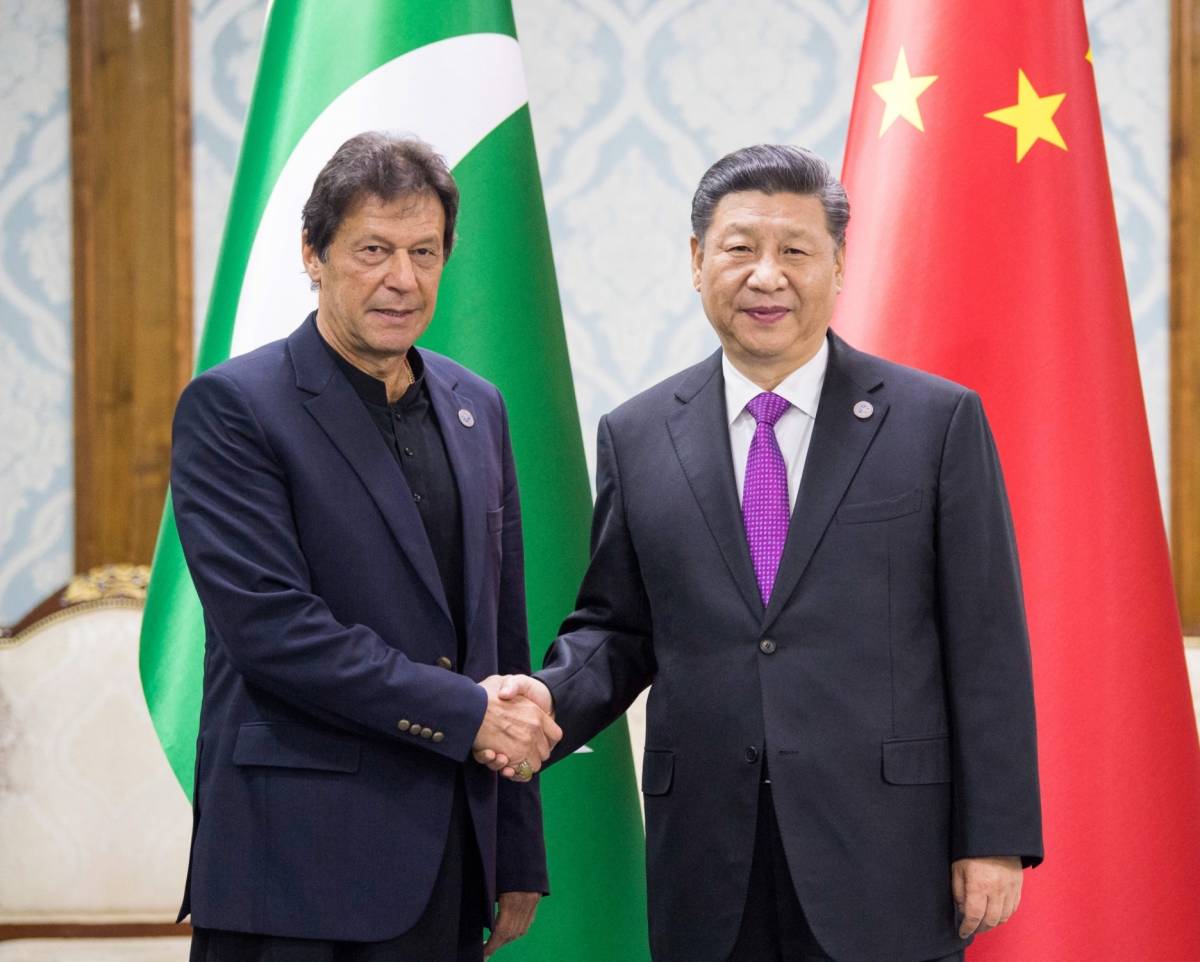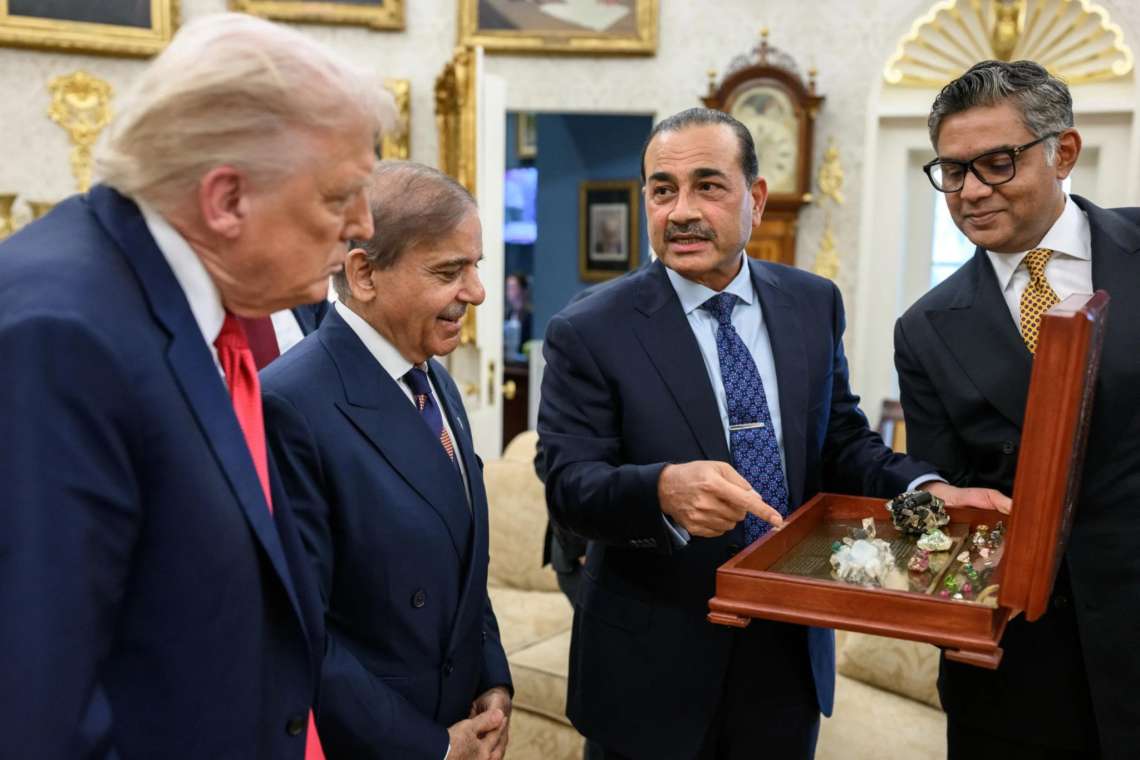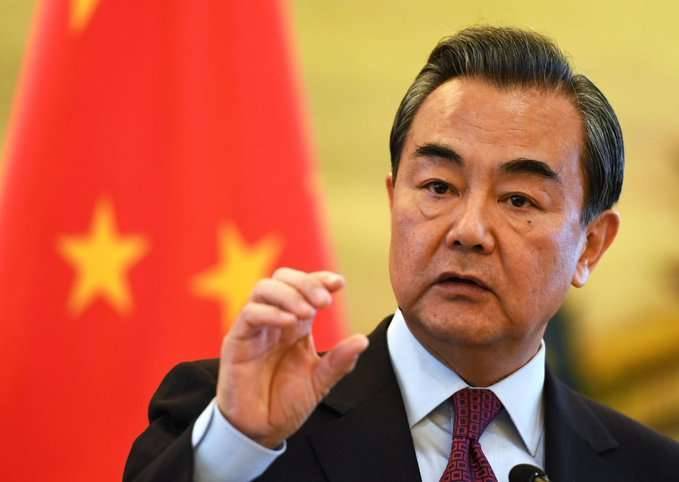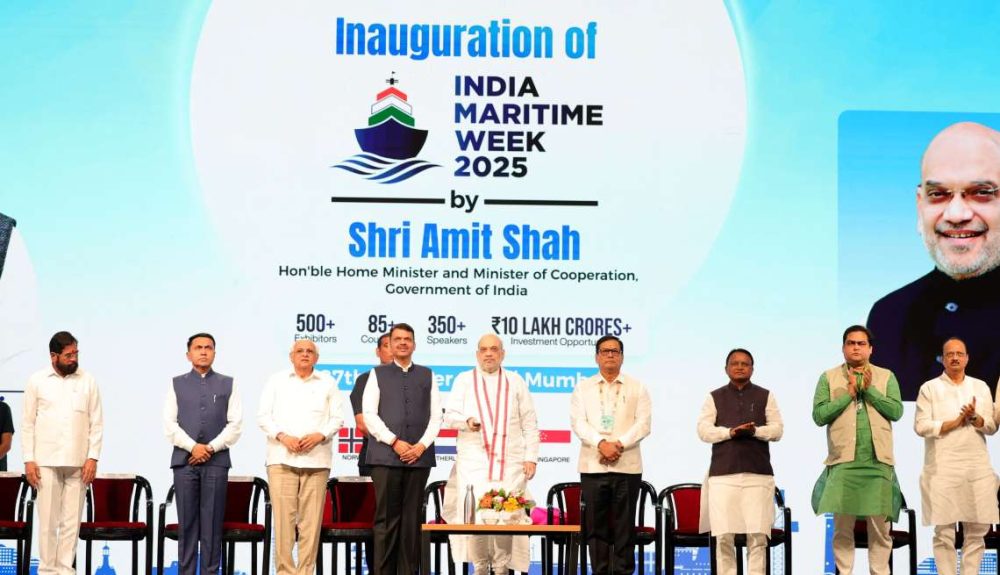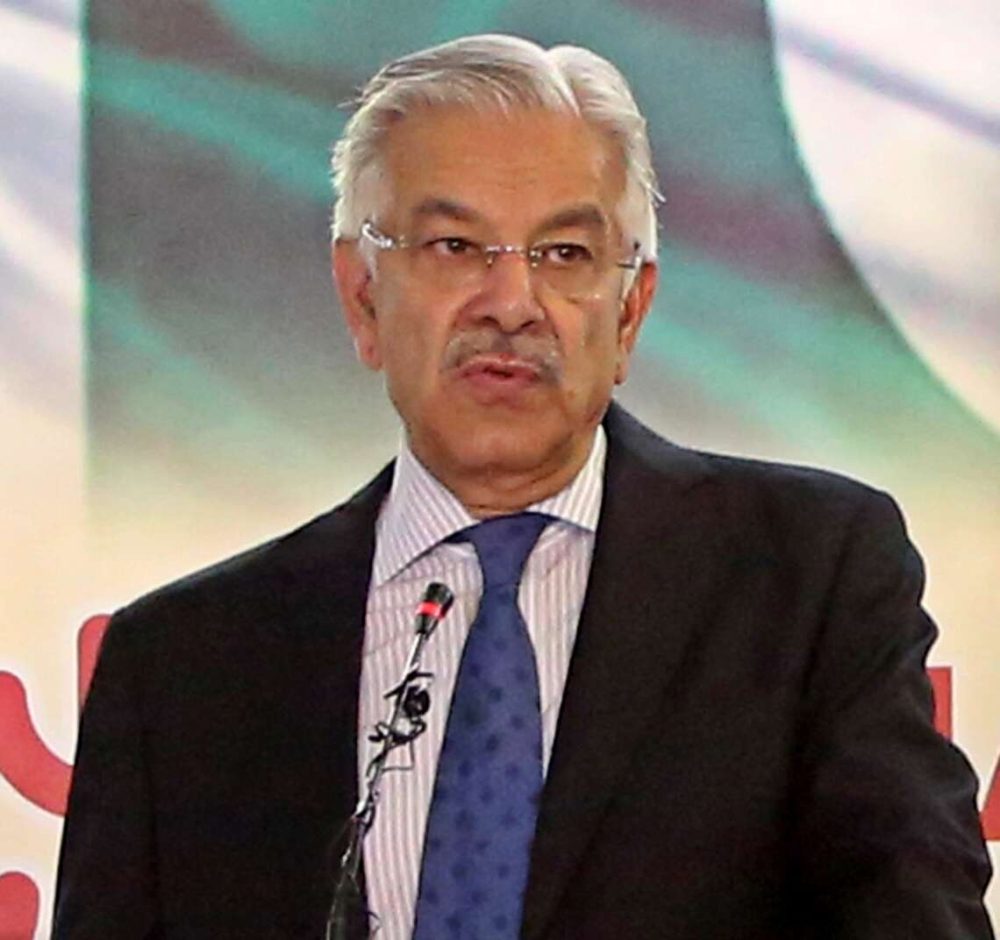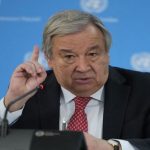Pakistan’s devastating economic condition forced the country to seek loans from different countries….reports Asian Lite News
Pakistan has sought financial support of about $ 21 billion from China.
Islamabad has requested a rollover of existing loans of $ 10.735 billion and $ 10 billion as deposit fund, to meet future needs, Business Recorder reported citing sources on Tuesday.
During the Pakistan Prime Minister Imran Khan’s visit to China in February, several agendas were discussed including a rollover request of all financing facilities upon maturity. One SAFE (China’s State Administration of Foreign Exchange) deposit of USD 2.0 billion will be maturing on March 23, 2022.
Likewise, a 3-year commercial loan of People’s Renminbi (RMB) 15 billion equivalents to USD 2.235 billion from a consortium of China Development Bank (CDB), Bank Of China and Industrial and Commercial Bank of China Limited (ICBC) is maturing on March 25, 2022.
Moreover, the State Bank of Pakistan has proposed the enhancement of the currency swap arrangement to USD 15 billion.
Pakistan’s devastating economic condition forced the country to seek loans from different countries. China and Saudi Arabia had already granted a huge loan to Pakistan in the past few years. In December 2021, Saudi Arabia granted a loan of USD 3 billion to Pakistan.
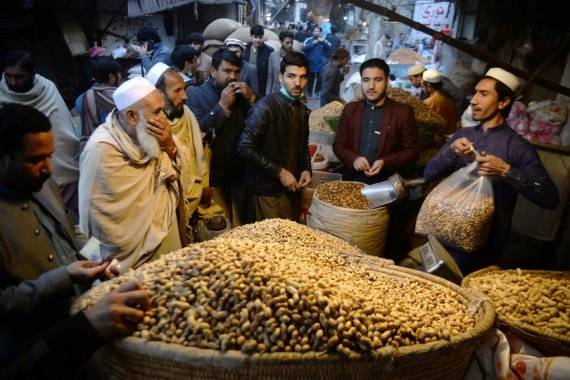
Unemployment, inflation biggest concerns
Unemployment and inflation are the biggest concerns for Pakistanis, a new survey revealed on Tuesday after more than three years of Pakistan Tehreek-e-Insaf (PTI) government’s rein.
Unemployment and inflation have been the top issues of concern for the Pakistanis consistently since August 2019, according to the Ipsos survey, a market research company which conducted the survey between February 24 and March 1.
Pakistan Prime Minister Imran Khan had come to power on the promise of creating 10 million jobs and providing 5 million homes but no significant progress was made to accomplish his promises, The Express Tribune newspaper reported on Tuesday.
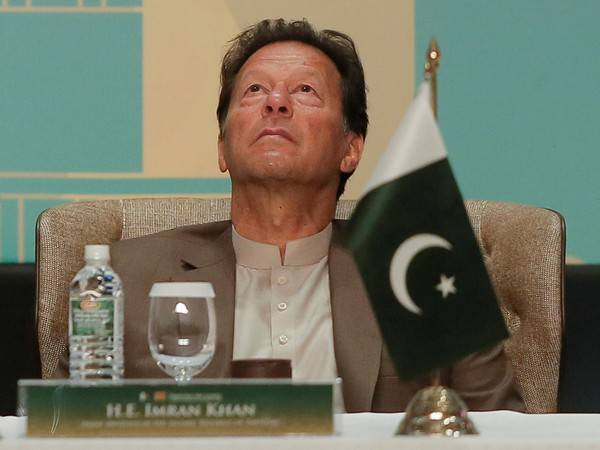
Recently Pakistan PM announced a relief package to offset the impact of inflation but questions remain over its viability due to the lack of financing. The government has put together the relief package despite the Finance Minister’s initial opposition to it.
Unemployment stood second on the list of top five concerns, although the ratio was slightly lower than a year ago. About half of the respondents said that they either themselves lost jobs or people known to them were laid off in the past year, The Express Tribune reported citing the study.
During the study, 1,048 people were interviewed across the country in which as many as 80 per cent of respondents believed that they are heading in the wrong direction and also the situation had worsened by 7 per cent in the last year.
The survey also stated that 41 per cent of respondents felt that the Pakistani economy is weak and the ratio has increased by 14 per cent points in the last year. Meanwhile, merely 8 per cent of the population rated the current economy as “strong”.
The findings come at a time when the government is already struggling with several challenges and a no-confidence motion move by the opposition.
Pakistan’s economic conditions have deteriorated in the past few months. In January, the government slapped Pakistan Rupee 360 billion worth of additional taxes in addition to the commitment with the International Monetary Fund (IMF) to increase electricity prices by PKR 2.80 per unit.
The study also claimed that compared to the same month last year, Pakistan Consumers’ Confidence Index had gone down by 8.3 points which were the lowest among the similar emerging markets.
On February 27, Pakistan Peoples’ Party (PPP) workers and supporters began a long march against inflation and corruption in Pakistan. (ANI)


